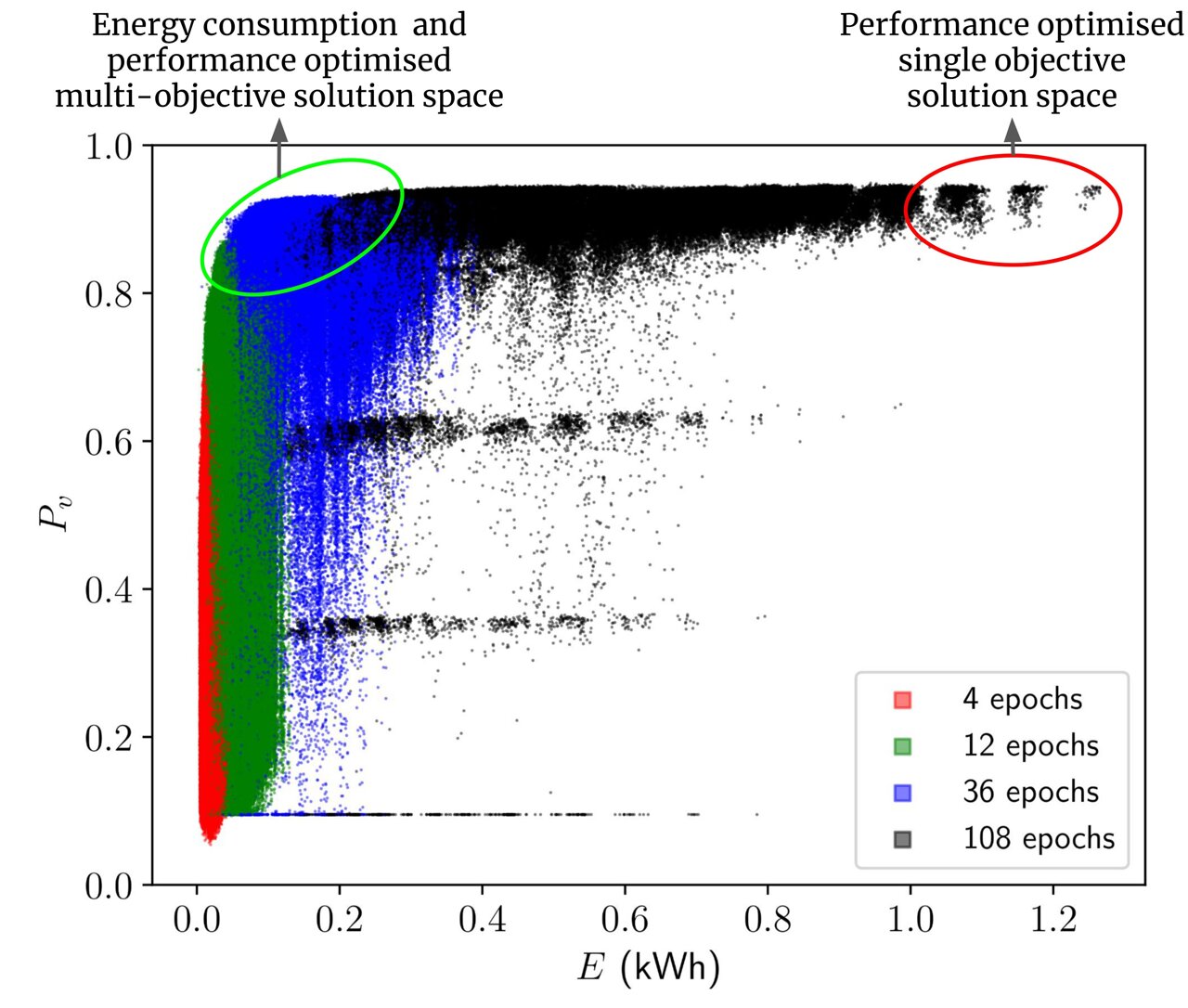Despite a general decrease in startup investment, funding for artificial intelligence (AI) experienced a significant surge in the previous year. Specifically, investment in generative AI ventures skyrocketed from 2022 to 2023, reaching $25.2 billion by the end of December.
Therefore, it comes as no surprise that AI startups took center stage at Y Combinator’s Winter 2024 Demo Day.
The Winter 2024 cohort at Y Combinator comprises 86 AI startups, as per YC’s official startup directory. This number is nearly double the count from the Winter 2023 batch and almost triple the figure from Winter 2021. This trend indicates that AI is currently the prevailing technology.
Similar to the previous year, we meticulously reviewed the latest Y Combinator cohort participating in this week’s Demo Day and selected some of the most intriguing AI startups. Each of these startups stood out for various reasons, be it their technology, target market, or founders’ backgrounds.
Hazel
August Chen (formerly of Palantir) and Elton Lossner (previously at Boston Consulting Group) have identified flaws in the government contracting process.
The duo highlighted that contracts are scattered across numerous websites and often involve extensive regulatory documentation. Responding to these bids can consume significant resources, including external consultants and legal support. To address this issue, Chen and Lossner introduced Hazel, an AI solution designed to streamline the government contracting process, from discovery to compliance.
Utilizing Hazel, users can be matched with potential contracts, generate draft responses based on the Request for Proposal (RFP) and their company’s information, create task checklists, and conduct compliance checks automatically.
While there may be concerns about the accuracy of Hazel’s generated responses and checks due to AI’s inherent limitations, the potential time and effort savings could provide smaller firms with opportunities to compete for the substantial government contracts awarded annually.
Andy AI
Tiantian Zha, with previous experience at Verily (Alphabet’s life sciences division), recognized the significant paperwork burden faced by home nurses. Studies indicate that nurses spend a considerable portion of their time on documentation, impacting patient care and contributing to burnout.
To alleviate this challenge, Zha co-founded Andy AI with Max Akhterov, a former Apple staff engineer. Andy serves as an AI-powered transcription tool, capturing and transcribing patient visit details to generate electronic health records.
While there is a risk of bias in AI-powered transcription tools, and competition exists from similar products like DeepScribe and AWS HealthScribe, the demand for solutions like Andy AI is expected to rise as healthcare shifts towards home-based services.
Precip
Jesse Vollmar, previously of FarmLogs, collaborated with Sam Pierce Lolla and Michael Asher to develop Precip, an AI-driven weather forecasting platform. Precip offers detailed precipitation analytics, estimating rainfall amounts over specific geographic areas for the past hours to days, with forecasts extending up to seven days ahead.
The platform’s precision in forecasting has practical applications across various sectors, from agriculture to construction and utilities, aiding in decision-making processes and operational efficiency.
While the market is saturated with weather prediction apps, Precip’s AI technology holds the promise of enhancing forecast accuracy, providing valuable insights for users.
Maia
Claire Wiley, during her MBA studies at Wharton, launched a couples coaching program that inspired the creation of Maia. Co-founded with Ralph Ma, a former Google Research scientist, Maia leverages AI to offer guidance for couples seeking to strengthen their relationships.
Through Maia’s Android and iOS apps, couples engage in group chats, responding to daily questions aimed at fostering communication and understanding within the relationship.
Maia’s revenue model includes premium features such as therapist-crafted programs and unlimited messaging. While the app imposes text limits between partners, the effectiveness of Maia’s relationship guidance and its differentiation in the competitive couples’ app market remain to be seen.
Datacurve
Serena Ge and Charley Lee identified a critical issue in the AI industry related to the lack of curated and ethically sourced data for training generative AI models. To address this challenge, they founded Datacurve, offering high-quality training data specifically tailored for code-related AI models.
Datacurve’s gamified annotation platform incentivizes engineers to contribute to the creation of curated data sets essential for training models in code optimization, debugging, UI design, and more.
The success of Datacurve hinges on the quality of its data sets and its ability to engage developers in continuous improvement efforts.










